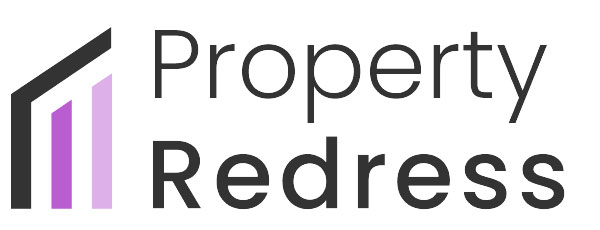The new RICS Standard on Commercial Service Charges aims to improve standards of management and promote fairness and transparency.
On 25 June 2025, the Royal Institution of Chartered Surveyors (RICS) published the Second Edition of its Service Charges in Commercial Property professional standard. Replacing the first edition from 2018, this update comes into effect for service charge periods beginning 31 December 2025.
The new standard sets out mandatory rules and best-practice guidance designed to improve accountability, transparency and fairness in the way service charges are managed across commercial property. While not legally binding, it establishes a benchmark that is likely to shape lease negotiations, property management practice, and dispute resolution for years to come.
Access the full text here: RICS Service Charges in Commercial Property, 2nd Edition (PDF)
Why this update matters
The first edition of the standard, effective from 2019, significantly improved consistency in service charge management. However, ongoing challenges around timeliness, transparency, and disputes prompted RICS to launch a consultation in 2024, drawing input from major stakeholders including the BPF, UK Hospitality, ICAEW and others.
The second edition reflects this wide consultation and addresses key industry concerns. Co-authored by Peter Forrester FRICS and Jonathan Lovejoy MRICS, the update is intended to ensure service charges are administered professionally, fairly, and in line with tenant expectations.
Mandatory requirements at a glance
RICS has set out eight requirements that its members and regulated firms must now follow:
- Expenditure must match the lease – only recover costs permitted under its terms.
- No over-recovery – service charges cannot exceed 100% of actual costs.
- Timeliness – budgets must be issued at least one month before the service charge year; year-end accounts within four months of year-end.
- Clear apportionment – an apportionment matrix must accompany budgets and accounts.
- Separate accounts – service charge funds must be held in discrete (or virtual) accounts with interest credited.
- Payment withholding – tenants generally cannot withhold properly demanded charges.
- Error correction – overcharges must be repaid promptly once identified.
- Full disclosure – all income sources, such as commissions or rebates, must be declared.
These rules are designed to eliminate ambiguity and create consistency in practice across the commercial property sector.
Best-practice principles
Beyond compliance, the standard also promotes higher standards of management and governance:
- Fee structures: fixed management fees should replace percentage-based charging.
- Transparency: budgets and accounts must be supported by explanatory commentary.
- Independent oversight: encourage certification and external review of accounts.
- Tenant engagement: improved communication, with access to invoices and regular updates.
- Value for money: benchmark or retender services every three years.
- Improvement clarity: only recoverable if improvements demonstrably benefit tenants.
- Sustainability and safety costs: remediation and certain ESG costs are excluded.
- Alternative Dispute Resolution: ADR should be encouraged over court action.
Taken together, these principles create a framework for more professional property management and better landlord–tenant relationships.
Implications for stakeholders
Landlords and property managers will need to review their internal processes carefully. From issuing budgets on time to holding separate accounts and revising fee structures, compliance will require both cultural and operational change.
Tenants stand to benefit from far greater transparency and protection from inappropriate charges. They will also have a stronger footing in disputes, with ADR encouraged as the default route.
Legal and advisory professionals can expect the new standard to be increasingly used as a benchmark in disputes and lease negotiations. Advising clients on compliance, drafting leases that reflect the new principles, and anticipating ESG-related disputes will all be vital.
How to prepare now
- Audit current processes – review how budgets, reconciliations and apportionment are managed.
- Revise fee models – move away from percentage-based fees.
- Upgrade systems – implement digital tools for apportionment and reporting.
- Train staff – ensure property and finance teams understand deadlines and disclosure rules.
- Engage tenants – share changes early, explain the benefits, and strengthen communication.
- Embed ADR clauses – make sure new leases include mediation or arbitration as the first step in dispute resolution.
The new RICS Service Charges in Commercial Property standard represents a step-change in how service charges must be handled. Demanding fairness, transparency, and professionalism will help reduce disputes and build stronger relationships between landlords and tenants.
With the deadline of 31 December 2025 approaching, now is the time to act. By updating systems, processes, and communication strategies, landlords and their advisers can ensure compliance and turn this regulatory change into an opportunity to demonstrate best practice. If you would like to discuss this further, please get in touch.






